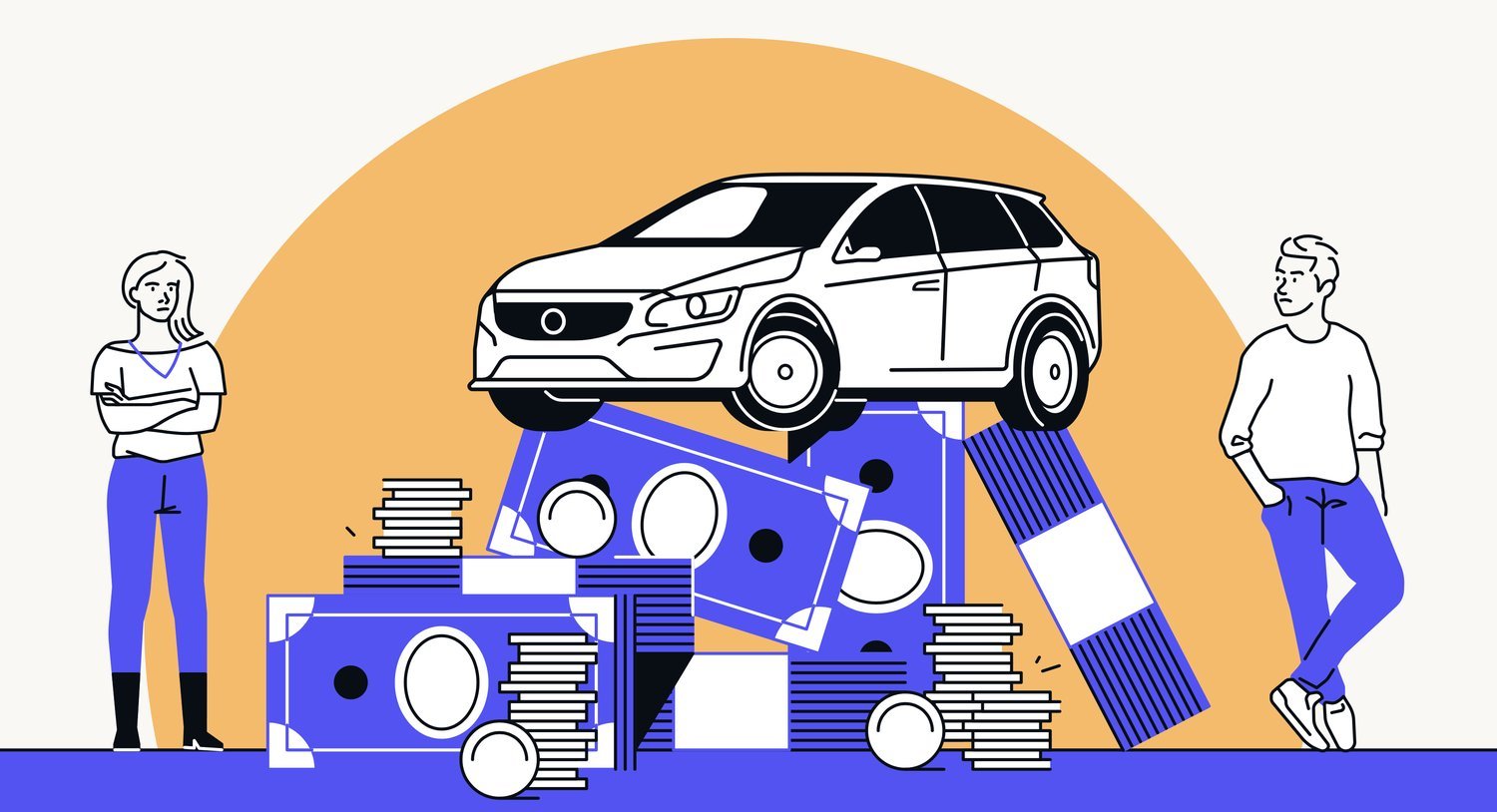Car insurance is your safety net. Rather you have it because you’re legally required to or because you want the peace of mind — you’ll be glad you have it after an accident.
However, when it comes to paying for insurance, many consumers find themselves puzzled and frustrated when their insurance premiums increase, — even if they haven't made any claims, gotten any tickets or caused any accidents. On average, car insurance premiums increased by 15% between 2021 and 2022 — the most significant increase in recent history — bringing the average yearly amount Americans pay for car insurance to $1,759.
This raises an essential question: why do insurance rates climb, even when you haven't done anything wrong?


